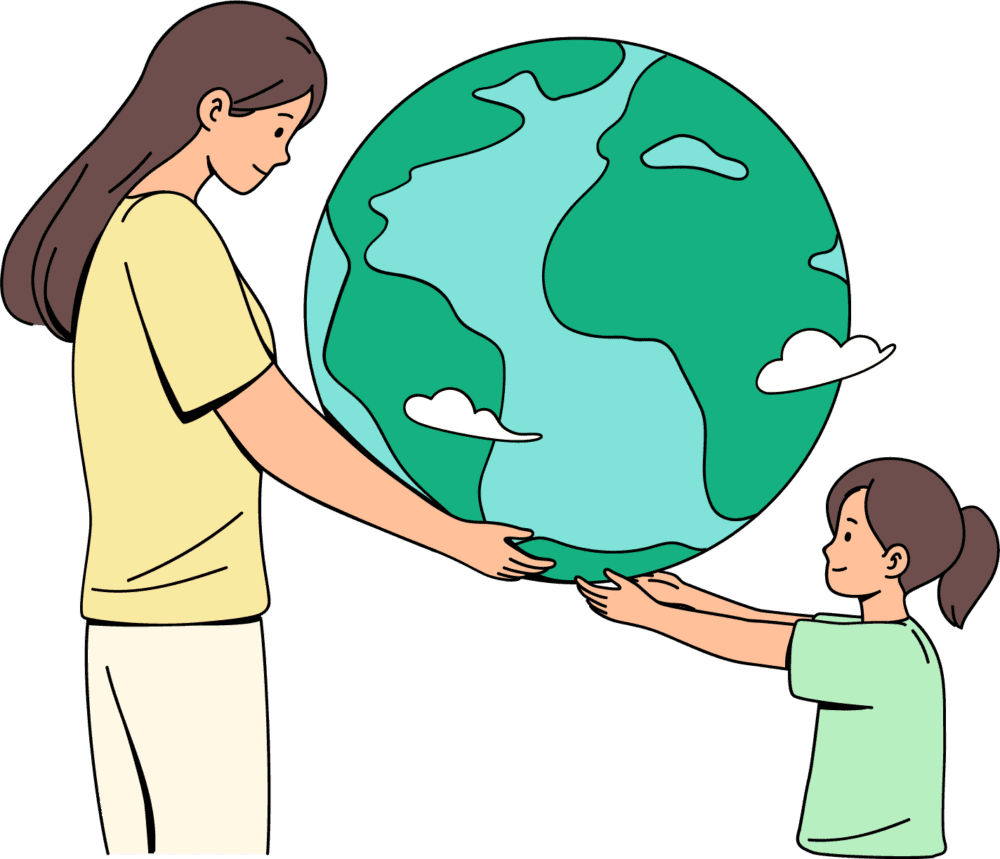Generational trauma, also known as ancestral or intergenerational trauma, is a concept that explores how trauma experienced by one generation can affect subsequent generations. This phenomenon has gained increasing recognition in recent years, shedding light on the deep-rooted impact of historical events and personal traumas on families and communities. In this article, we will delve into the complexities of generational trauma, exploring its origins, manifestations, and the crucial steps towards healing and breaking the cycle.
Understanding Generational Trauma
Generational trauma refers to the transfer of adverse experiences and their psychological and emotional consequences from one generation to another. This transfer can occur through various means, including learned behaviours, parental attitudes, and even changes in the expression of genes. Events such as wars, natural disasters, systemic oppression, and personal traumas like abuse or loss can leave a lasting imprint on the survivors, influencing the way they raise their children and interact within their communities.
Manifestations of Generational Trauma
Generational trauma can manifest in diverse ways, impacting individuals physically, emotionally, and socially. It might result in chronic health issues, mental health disorders, substance abuse, or difficulties in forming healthy relationships. Furthermore, affected individuals may experience loss, fear, or mistrust. It hinders their ability to face the challenges of everyday life.

Breaking the Cycle of Generational Trauma
Breaking the cycle of generational trauma requires a concerted effort from individuals, families, communities, and societies as a whole. Here are some essential steps towards healing and resilience:
- Acknowledgement and Acceptance: Acknowledging the existence of generational trauma is the first step toward healing. By accepting its reality, individuals can begin to explore its impact on their lives. Also, the lives of their loved ones.
- Therapeutic Interventions: Therapy, both individual and family-based, can provide a safe space for individuals to process their trauma. Therapists can employ various techniques. Such as cognitive-behavioral therapy and trauma-focused therapy, to help individuals cope with the effects of generational trauma.
- Cultural and Community Support: Embracing one’s cultural heritage and seeking support from the community can enable a sense of belonging and resilience. Cultural practices, rituals, and community bonds can provide a strong foundation for healing.
- Education and Awareness: Educating society about generational trauma is crucial to breaking the cycle. By raising awareness, we can create a more compassionate and understanding environment, reducing the stigma associated with mental health issues.
- Mind-Body Practices: Mindfulness, yoga, and other mind-body practices can help. Individuals reconnect with their bodies and minds, promoting self-awareness and emotional regulation. These practices have shown significant benefits in trauma recovery.
- Social and Political Change: Addressing the systemic factors that contribute to generational trauma, such as poverty, discrimination, and lack of access to education and healthcare, requires social and political action. Advocacy for policies that promote equality and social justice is essential in creating a safer environment for future generations.
Approaches for Generational Trauma
There are several approaches which can be helpful in working with generational trauma.
Family Systems Theory
Murray Bowen’s Family Systems Theory suggests that individuals cannot be understood in isolation from one another but rather as part of their family. This theory emphasizes the interconnectedness of family members and how their emotional experiences and behaviours are interrelated. Generational trauma often operates within these family systems, impacting multiple generations through shared emotional patterns and coping mechanisms.
Epigenetics
Epigenetics is a branch of genetics that studies how environmental factors can modify gene expression without changing the underlying DNA sequence. Research in epigenetics has shown that traumatic experiences can lead to chemical modifications in DNA, influencing the way genes are turned on or off. These modifications can be passed down to subsequent generations, potentially predisposing them to specific health conditions or behavioural traits associated with trauma.
Social Learning Theory
Social Learning Theory, developed by Albert Bandura, suggests that individuals learn from observing others and imitating their behaviours. In the context of generational trauma, children growing up in traumatized families might adopt maladaptive coping strategies and behaviours from their parents or caregivers. This learned behaviour can perpetuate the cycle of trauma across generations.
Resilience Theory
Resilience Theory focuses on the capacity of individuals and communities to bounce back from adversity. Understanding generational trauma through a resilience lens involves recognizing the strengths and resources within families and communities that can aid in overcoming the effects of trauma. Building resilience involves fostering social support, promoting positive coping mechanisms, and enhancing self-esteem and self-efficacy.
Trauma-Informed Care
Trauma-informed care is an approach that acknowledges the widespread impact of trauma and emphasizes creating an environment of safety, trust, and empowerment. This approach is essential in various settings, including healthcare, education, and social services. By understanding the prevalence of generational trauma and its effects, professionals can provide sensitive and supportive care, thus breaking the cycle of retraumatization.
Posttraumatic Growth
Posttraumatic Growth refers to the positive psychological changes that can occur as a result of struggling with trauma and its aftermath. While not all individuals or families experience posttraumatic growth, some may find a renewed appreciation for life, enhanced personal relationships, and a greater sense of personal strength after overcoming generational trauma. Recognizing and fostering these positive changes can be a part of the healing process.
Conclusion
In summary, these models and theories provide valuable frameworks for understanding the complex interplay of generational trauma. By integrating these perspectives into research, clinical practice, and social policies, we can develop more effective interventions and support systems to help individuals and communities heal from the profound effects of historical and intergenerational trauma.
Generational trauma is a complex and deeply ingrained phenomenon that demands attention and understanding. By acknowledging its existence, providing support, and fostering resilience, individuals and communities can break the cycle, paving the way for a healthier and more compassionate future. Through education, awareness, and collective efforts, we can heal the invisible wounds of the past, empowering generations to come
Ready to begin? Start your online therapy journey today. Book your first session now.




